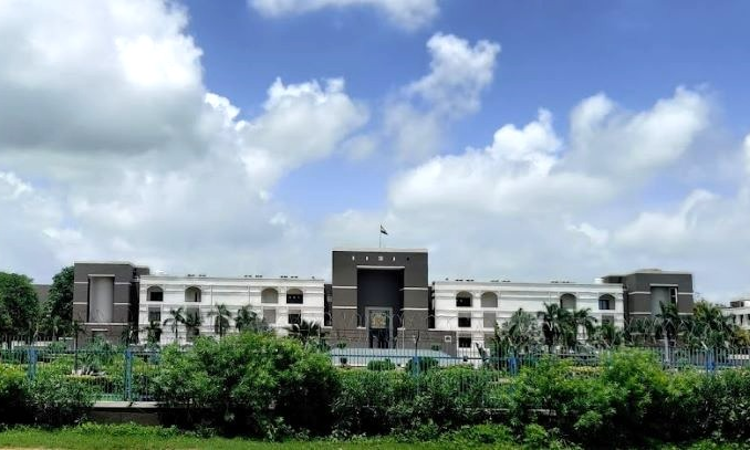The Gujarat High Court has held that the shares that have been allotted to the assessee were not “received from any person,” which is the fundamental requirement for invoking Section 56(2)(vii)(c). The property must pre-exist for application of Section 56(2)(vii)(c), which is clear from the intention of the legislature”.The division bench of Justice Biren Vaishnav and Justice Bhargav...

